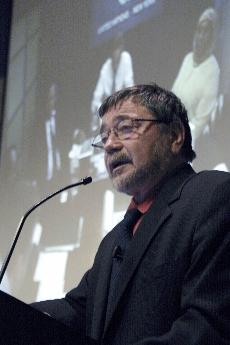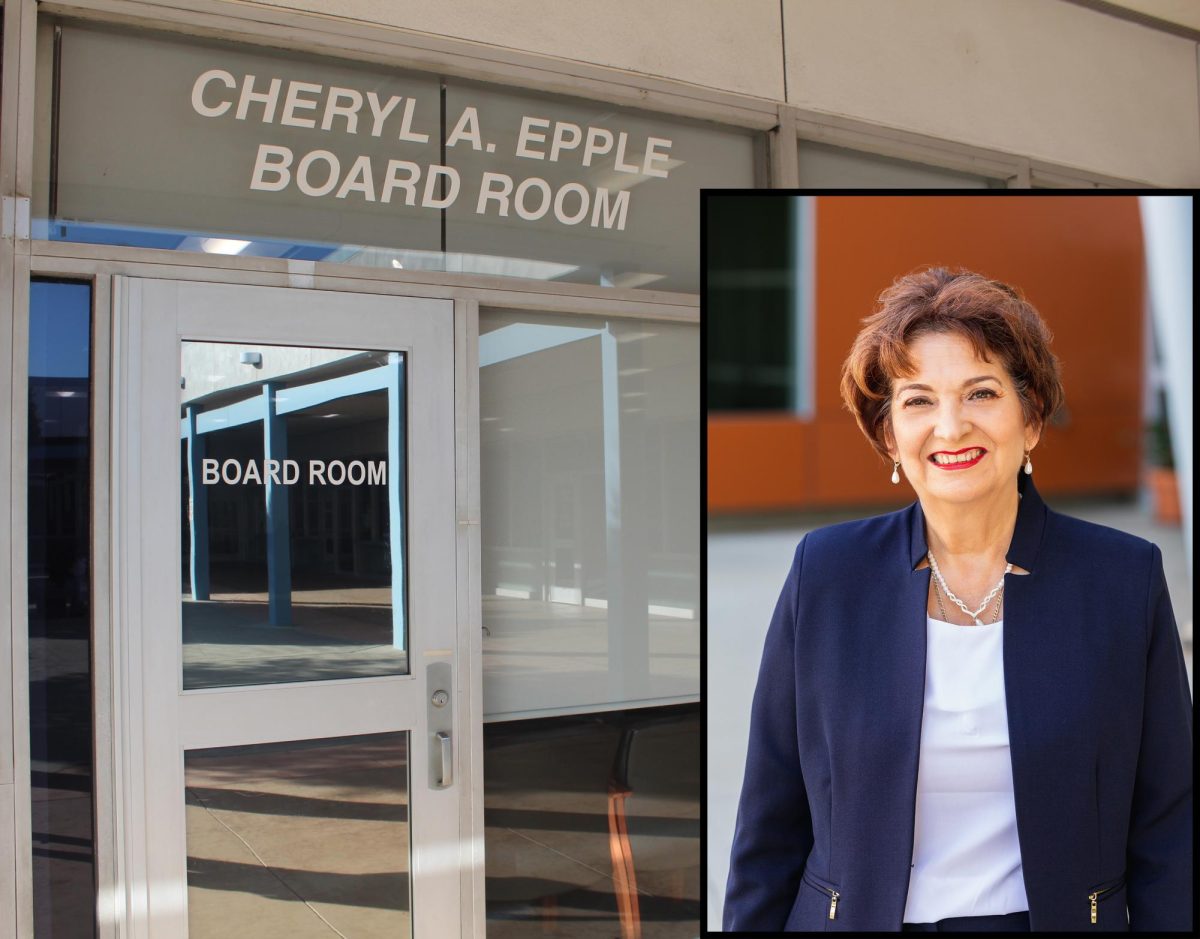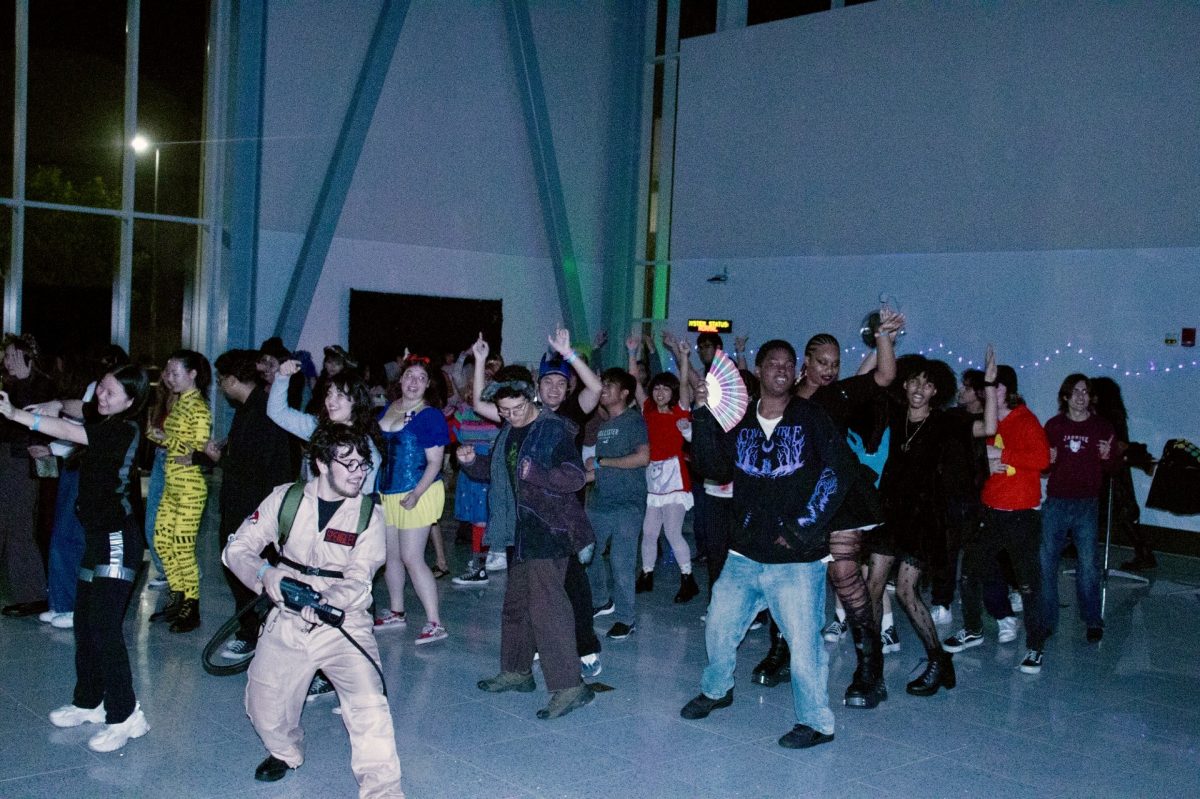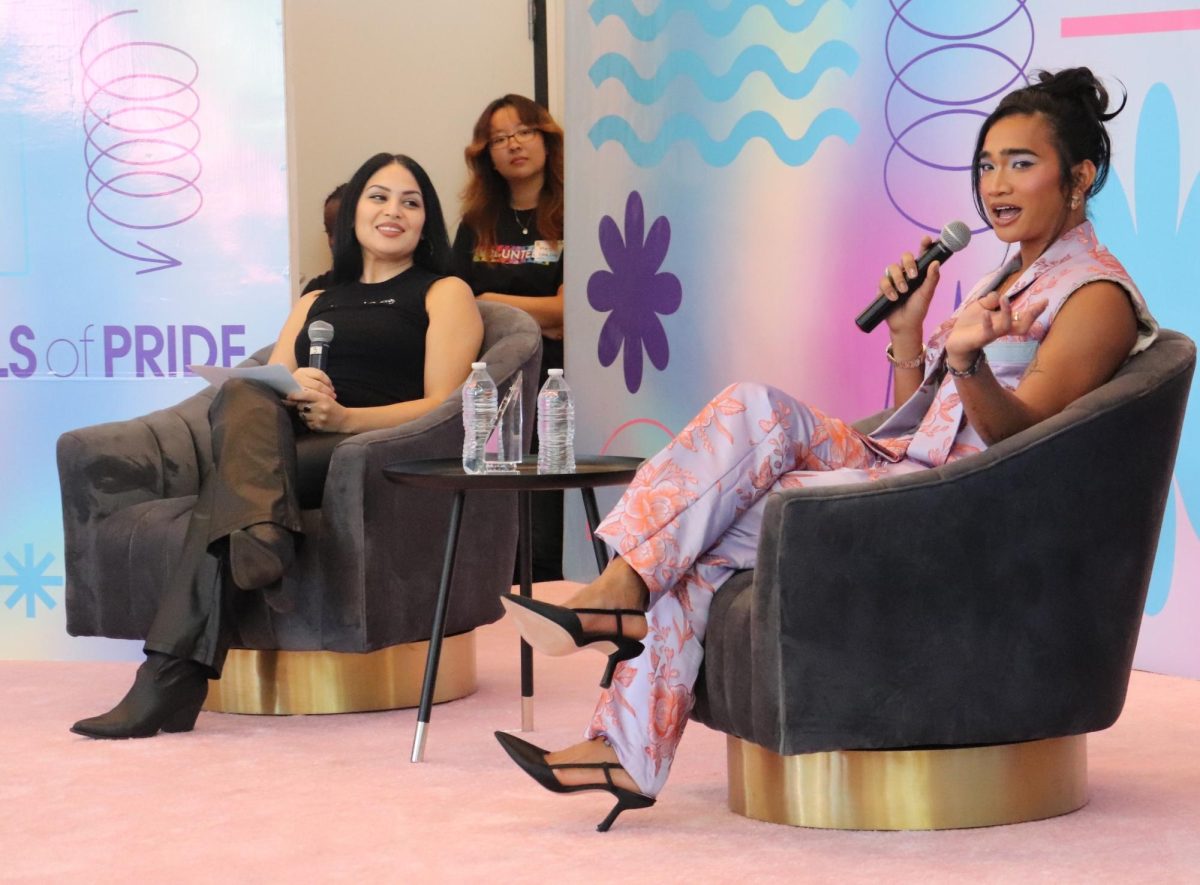For the second time since last November, Dr. Judea Pearl spoke of the importance of interfaith dialogue, along with U.N. representative Dr. Akbar Ahmed and the message of peace during the “Global Interfaith Dialogue for Peace, Love and Understanding” hosted by the Global Consortium and webcasted in the Teleconference Center on Monday.
Pearl’s son Daniel was a journalist kidnapped and murdered in 2002 by Islamic extremists in Karachi, Pakistan as he was investigating links between Al Qaeda and Pakistan’s Inter-Services Intelligence.
Despite the loss of his son Pearl said that through his death that there has been a rebuilding of a Jewish and Islamic understanding as well as a voice to the voiceless Muslim of the world.
“The humanity spirit was spotlight because what the life of Daniel meant was that being different meant being one.”
“The second thing is that his death created was a common thread of humanity” he said, “and that was to restore it.”
In addition, Pearl believes that there should be relationships that building and that is through dialogue, journalism and music.
That is where the Daniel Pearl Foundation founded after the murdered journalist comes in to fight continued hatred, as in the case with the Israelis and Palatines in the Middle East conflict.
In that regard, Pearl stated that communication can not involved argument, and that with listen there is no judgment.
“That is where everyone deserves the human treatment,” he said, “and as of right now there has been a historical clash between Jews and Muslims.”
By that he says that within both faiths that Jews and Muslims have had the wrong idea as to where they were born and what belief system they practice.
But for Pearl that would hope to be changed with the implementation of interfaith centers.
“My hope is that interface centers will be in every college, within every curriculum,” he said, “so that there would be narrative expressed and to also see who is right, as well as having to answer the hard question now and the answer the easy questions later.”
As for the death of his son, Pearl said that there is a view of triumph because of the victory to have understanding within humanity and understanding of the human spirit.
Following Pearl, was Ahmed commented that the death of the younger Pearl was a trigger for progress but also a growing hatred of the Americans and Jews.
“However, the question is what can be done,” he said, “about there are things that can be done.”
The first is having the interfaith centers, as well as having an understanding such as picking up a book, going to a mosque.
But more then anything Ahmed said that society needs to have an understanding of what the word ‘Islam’ is.
The death of the young Pearl has only created a negative impact within everyone, “and that is a continuous growth of hatred,” he said.
Furthermore, there has to be a notion of judgment, compassion and knowledge.
“The goal is to build human friendships,” Ahmed said, “and it’s not about conceiving to blow each other up.”
Currently he says that society is living in the 21st century that is in a sense of crisis because of what is happening everyday.
“We are out of control everywhere,” he explained, “so my appeal is, is that we make a sense of our history because we are all joint at the hip.”
Afterward, Lura Arezuma, a UN Representative questioned as to the fact that there are Muslims who are living in Africa the continent as a whole is missing from having been represented.
Ahmen said that yes, the Islamic faith is missing in Africa is troubling but, that education is important.
Students also said that the discussion was informative but for Waleed Nuriet, English and economic major, what stood out was that Ahmed said that there was globalization among the news stations such as CNN, FOX, CBS .
He said that all those stations are partially political because of the government and it speaks to the people.
So, there were bound to be people offended by what was discussed.
Simau Tuiali’i, cultural anthropology major, said that he too thought it was good to have open dialogue but there was something else.
“I would hope one day those bridges would include Christian and reach to the region of Israel.”








